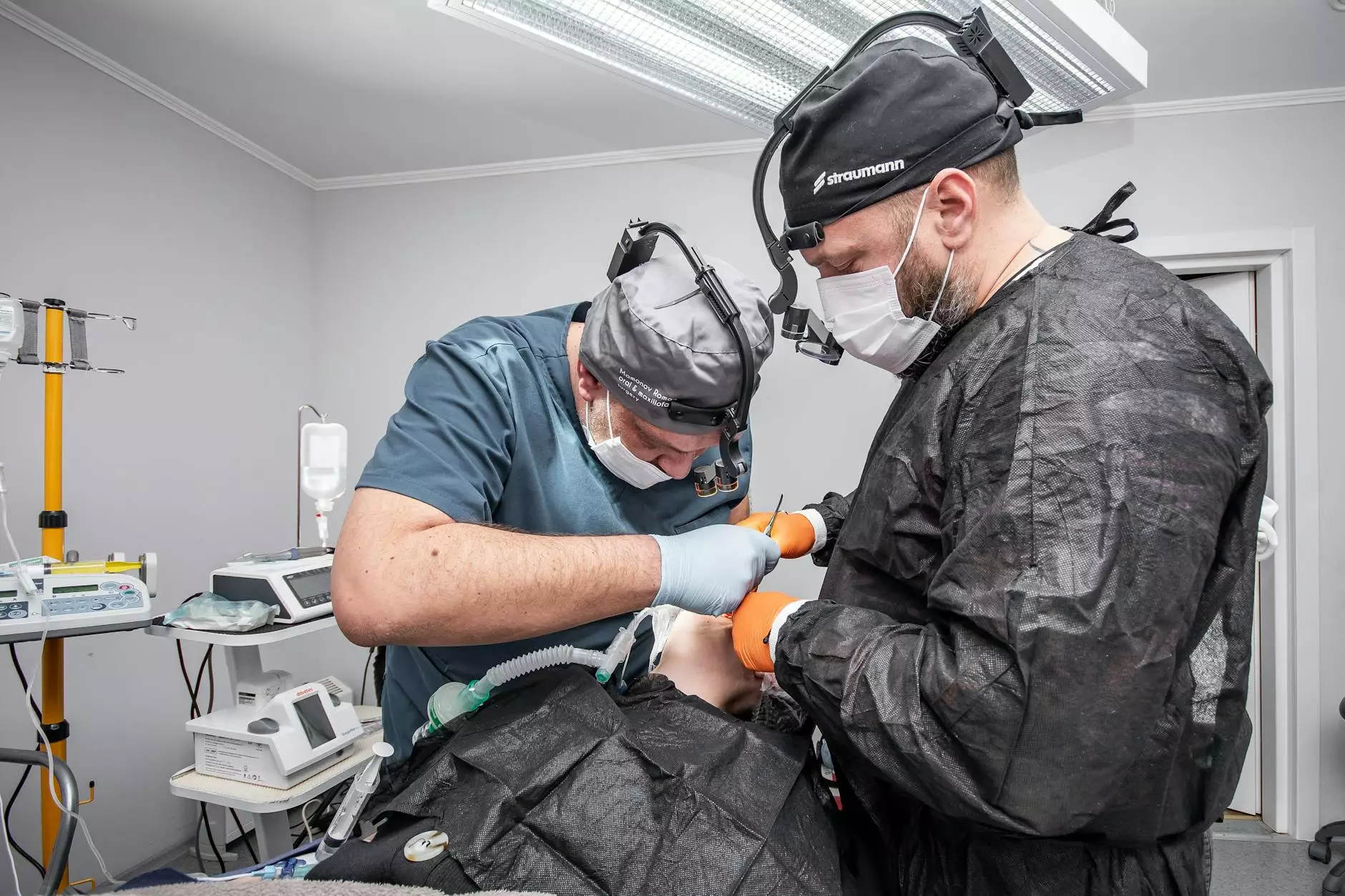Boost Your Business with an EMT License Database

Introduction
In today's ever-evolving health and medical industry, it is crucial for medical centers to stay ahead of the competition. One effective way to do so is by utilizing an EMT license database. This powerful tool can assist your business in streamlining operations, enhancing efficiency, and ensuring compliance with industry standards.
The Importance of an EMT License Database
Medical centers deal with a wide range of professionals, including EMTs (Emergency Medical Technicians). These individuals play a critical role in emergency care, and their licenses require proper management and documentation. An EMT license database can simplify and automate the entire process, allowing your business to focus on delivering exceptional patient care.
Streamline Operations
Managing EMT licenses manually can be time-consuming and prone to errors. With an EMT license database, you can streamline operations by centralizing all license-related information in one secure and easily accessible location. This eliminates the need for manual paperwork, reducing administrative burden and increasing overall efficiency within your medical center.
Increase Efficiency
Efficiency is key in the fast-paced world of health and medical services. By utilizing an EMT license database, you can automate key processes such as license renewal reminders and document tracking. This ensures that your EMTs are always up-to-date with their licenses, minimizing any disruptions in day-to-day operations and allowing your medical center to provide uninterrupted care to patients.
Ensure Compliance
Compliance with industry regulations is crucial for any health and medical business. Failure to comply can result in penalties, legal issues, and damage to your reputation. An EMT license database helps you stay compliant by providing real-time updates on license status, expiration dates, and required certifications. This ensures that your medical center operates within the legal framework and maintains a reliable team of licensed EMT professionals.
The Benefits for Your Business
Implementing an EMT license database within your medical center can lead to a wide array of benefits:
1. Time and Cost Savings
By automating license management processes, you can significantly reduce the time and effort spent on manual tasks. This allows your administrative staff to focus on more critical responsibilities. Additionally, avoiding penalties and legal issues associated with non-compliance can save your business from costly consequences.
2. Enhanced Organization
An EMT license database provides a structured and organized approach to license management. It allows you to easily search, filter, and sort license information, ensuring quick access to up-to-date data. This organization contributes to a more efficient workflow within your medical center.
3. Improved Patient Safety
By ensuring that all EMTs have valid licenses and necessary certifications, you are prioritizing patient safety. This contributes to the overall quality of care your medical center provides and instills confidence in patients and their families.
4. Competitive Advantage
Utilizing an EMT license database illustrates your commitment to excellence and professionalism. It sets your medical center apart from competitors by showcasing your dedication to compliance, efficiency, and high standards of practice.
5. Scalability and Growth
As your medical center expands, managing licenses and certifications manually becomes increasingly challenging. An EMT license database can easily scale with your business, accommodating a growing number of professionals and facilitating seamless license management throughout the growth process.
Conclusion
An EMT license database is a powerful tool that can revolutionize your health and medical business. By streamlining operations, increasing efficiency, and ensuring compliance, it enables your medical center to thrive in a competitive industry. Invest in an EMT license database today and enjoy the multitude of benefits it brings to your organization.










